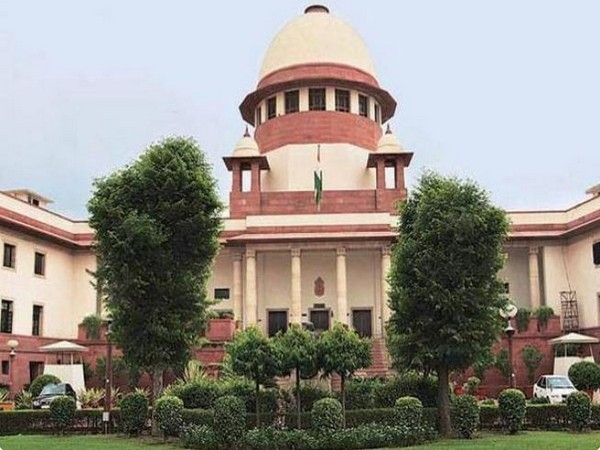Supreme Court Debates Marital Rape Law: People vs. Patriarchy
The Indian Supreme Court deliberates on the constitutional validity of Exception 2 under Section 375 of the Indian Penal Code, which shields husbands from prosecution for marital rape. The case, framed as 'people versus patriarchy', raises critical questions about consent, privacy, and the structural integrity of marriage.

- Country:
- India
In a landmark Supreme Court hearing, the debate over Exception 2 of Section 375 of the Indian Penal Code intensified. This law currently exempts husbands from being prosecuted for marital rape, a provision challenged by the All India Democratic Women's Association (AIDWA) who argue it contradicts basic rights and advances patriarchal norms.
Amidst ongoing deliberations, Senior Advocate Karuna Nundy represented the petitioners, asserting that the right to consent in marriage is paramount, and that the case should be viewed as a battle of 'people versus patriarchy.' The court questioned whether redefining marital rape could destabilize marital structures but refrained from an immediate ruling.
The Centre has cautioned against hastily outlawing marital rape without a comprehensive legislative framework, citing potential societal disturbances. However, advocates emphasize that current exemptions undermine women's rights, with the Supreme Court poised to assess the constitutional validity of this controversial clause.
(With inputs from agencies.)










